Are you ready to immerse yourself in a vibrant tapestry of cultural celebrations? Nigeria’s festivals offer an unparalleled opportunity to experience the country’s rich heritage. You’ll discover a kaleidoscope of colorful events that showcase the nation’s diverse ethnic groups, each with their unique traditions and festive expressions.
As you explore these festivals, you’ll gain insights into Nigerian community life, history, and cultural values. With music, dance, and communal activities forming the backbone of these celebrations, you’ll create memories that last a lifetime. Whether you’re interested in cultural heritage or simply looking for a unique travel experience, Nigeria’s festivals are a must-see.
The Rich Cultural Tapestry of Nigerian Festivals
Nigerian festivals are a kaleidoscope of cultural expressions, reflecting the country’s diverse heritage. From traditional rituals to modern music festivals, Nigeria’s celebrations offer a unique cultural experience. With its diverse cultures and traditions, Nigeria is a land of celebrations where each region, tribe, and community comes together to highlight the country’s rich cultural heritage.
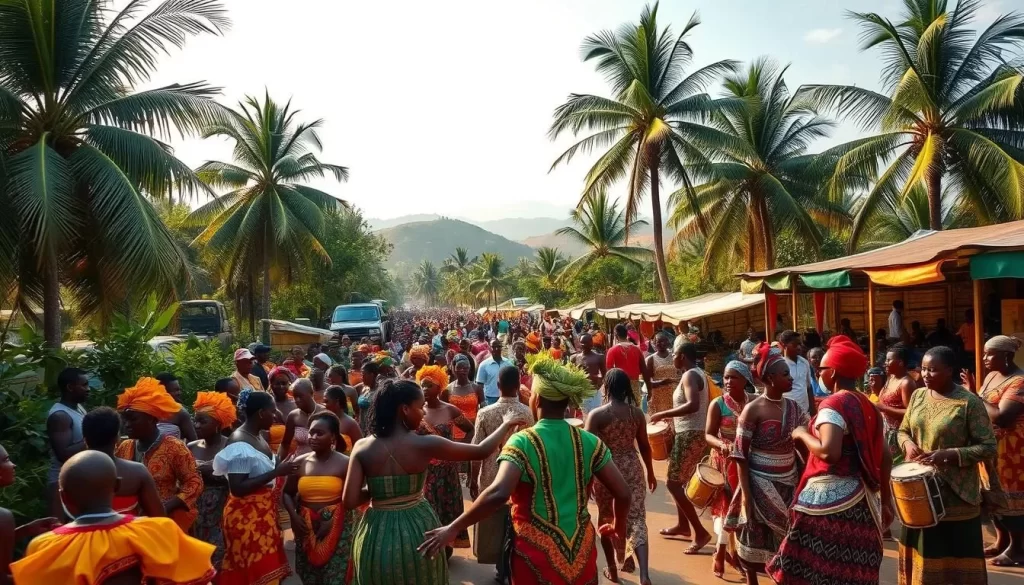
Nigerian festivals serve as living museums of the country’s rich cultural heritage, offering insights into local traditions, beliefs, and social structures. By experiencing these festivals firsthand, you gain an authentic connection to Nigerian culture that goes beyond what museums or guided tours can offer.
Why Nigerian Festivals Are Worth Experiencing
Nigerian festivals are worth experiencing because they bring communities together, strengthening social bonds while showcasing the country’s diversity to the world. Some key aspects that make these festivals special include:
- Combining ancient rituals with contemporary expressions, creating dynamic cultural experiences.
- Music serving as the heartbeat of the festivals, with traditional instruments and rhythms.
- Opportunities to experience Nigerian hospitality firsthand as locals welcome visitors.
Best Times of Year to Visit for Festival Enthusiasts
To make the most of your festival experience in Nigeria, planning your visit around specific celebrations is essential. Here’s a brief overview to help you plan:
- Seasonal Calendar: Nigeria hosts various festivals throughout the year, each with its unique charm.
- Major Festivals: Identify the major festivals that interest you most and plan accordingly.
- Cultural Significance: Understanding the cultural significance of each festival will enhance your experience.
Nigeria: Top Festivals to Check Out When Visiting for Cultural Immersion
Immerse yourself in Nigeria’s diverse cultural festivals, each a unique reflection of the nation’s history and traditions. These events offer a profound opportunity for cultural immersion, allowing you to experience the vibrant culture and heritage of Nigeria firsthand.
Osun-Osogbo Festival
The Osun-Osogbo Festival is a significant cultural event held annually in August, honoring the river goddess Osun. It’s a UNESCO World Heritage event that features traditional music, dance, and a procession to the river to make offerings.
The Sacred Grove Experience
The festival takes place in the sacred Osun forest, a place of deep spiritual significance. Visitors can explore the sacred grove, experiencing the rituals and processions that make this festival a unique cultural immersion opportunity.
When and How to Attend
The Osun-Osogbo Festival occurs every August. To attend, visitors should be respectful of the local customs and traditions. It’s advisable to dress modestly and follow the guidance of local hosts or guides.
Ofala Festival
The Ofala Festival is celebrated by the Igbo people, marking the renewal of the king’s or Obi’s mandate. It’s a showcase of Igbo cultural heritage, featuring colorful costumes, traditional music, and ceremonial aspects.
New Yam Festival
The New Yam Festival is celebrated across Eastern Nigeria, marking the beginning of the harvest season. It’s a joyous occasion that connects people to their ancestral traditions and history.
These festivals offer a unique chance to witness living history and participate in traditions that have been passed down through generations, making your visit to Nigeria a memorable cultural experience.
Vibrant Celebrations and Street Parties
The streets of Nigeria come alive during its numerous festivals, which are a testament to the country’s rich cultural diversity. These events are not just entertaining; they’re also a window into Nigeria’s heritage and traditions.
Calabar Carnival: Africa’s Biggest Street Party
The Calabar Carnival is a month-long celebration that transforms Cross River State into a spectacular display of music, dance, and colorful costumes. As “Africa’s Biggest Street Party,” it’s a must-attend event for festival enthusiasts.
Carnival Bands and Competitions
The carnival features spectacular parade competitions where bands showcase their elaborate costumes, choreographed dances, and musical performances, blending traditional and contemporary elements.
Planning Your December Visit
To make the most of your visit, plan ahead by booking accommodations in Calabar and identifying the best viewing spots for the parades. You can also participate in the festivities by joining a carnival band or simply immersing yourself in the energetic atmosphere.
Eyo Festival in Lagos
The Eyo Festival is a unique cultural celebration held in Lagos State, characterized by striking white-robed masquerade processions. This festival is not only a visual spectacle but also holds significant cultural and historical importance.
Durbar Festival
The Durbar Festival, held in various Northern states including Kano and Kaduna, is a centuries-old celebration featuring spectacular horse parades, traditional music, and displays of horsemanship. It’s a testament to Nigeria’s rich cultural heritage and a must-experience event for visitors.
These vibrant street celebrations showcase Nigeria’s ability to transform public spaces into theatrical stages where culture, music, and community converge. By attending these festivals, you’ll not only be entertained but also gain a deeper understanding of Nigeria’s diverse cultural landscape.
Unique Regional Celebrations
As you explore Nigeria, you’ll discover a multitude of regional celebrations that highlight the nation’s cultural diversity.
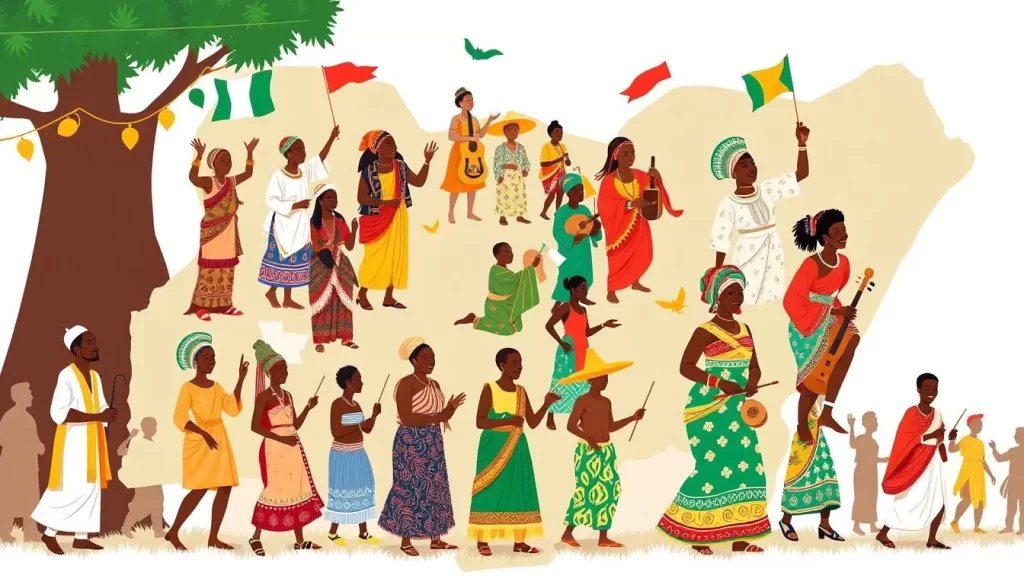
Argungu Fishing Festival
The Argungu Fishing Festival, held in Kebbi State, is one of Nigeria’s most famous traditional festivals, showcasing the region’s rich cultural heritage. The event centers around a grand fishing competition where participants use traditional methods to catch the largest fish from the Argungu River.
The Grand Fishing Competition
This spectacular competition involves thousands of fishermen entering the river simultaneously, creating an exhilarating spectacle. The use of traditional fishing methods adds to the cultural authenticity of the event.
Cultural Activities Beyond Fishing
Beyond the fishing competition, the Argungu Fishing Festival features a range of cultural activities, including agricultural shows, canoe races, and traditional wrestling competitions. These events provide a comprehensive cultural experience, showcasing the region’s heritage.
Lagos International Jazz Festival
In contrast to the traditional Argungu Fishing Festival, the Lagos International Jazz Festival offers a modern musical experience, drawing music enthusiasts from around the world to Lagos State. This lively celebration of jazz music features performances by world-class musicians.
The festival is a testament to Nigeria’s vibrant cultural scene, showcasing the country’s ability to host international events that attract a global audience.
Both the Argungu Fishing Festival and the Lagos International Jazz Festival highlight the diversity of Nigerian cultural expressions, from traditional ceremonies to modern musical performances. Engaging with these regional celebrations can be enhanced by tour guides, who provide cultural context and help navigate the events.
Making the Most of Your Nigerian Festival Experience
Nigeria’s festivals offer a unique window into the country’s rich cultural heritage, making them a must-experience for any traveler. To make the most of your Nigerian festival experience, it’s essential to be prepared. Understanding local etiquette and customs will help you navigate the events with respect and sensitivity.
When attending Nigerian festivals, you’ll want to capture memories without being intrusive. Be mindful of photography restrictions at sacred events and ceremonies. Connecting with local communities is also a significant part of the experience, allowing for meaningful cultural exchange.
To extend your festival experience, consider exploring related cultural sites, museums, and historical locations. Working with knowledgeable local guides can provide valuable insights and access to exclusive events. Timing your visit to coincide with multiple festivals can maximize your cultural immersion.
With the right preparation and guidance, your Nigerian festival experience will be unforgettable. By choosing festival-focused tour operators, you can ensure a smooth and enriching journey. Whether you’re dancing to the rhythm of Nigerian music or participating in traditional ceremonies, these experiences will leave you with lifelong memories and a deeper appreciation for the country’s diverse cultures.
The above is subject to change.
Check back often to TRAVEL.COM for the latest travel tips and deals.
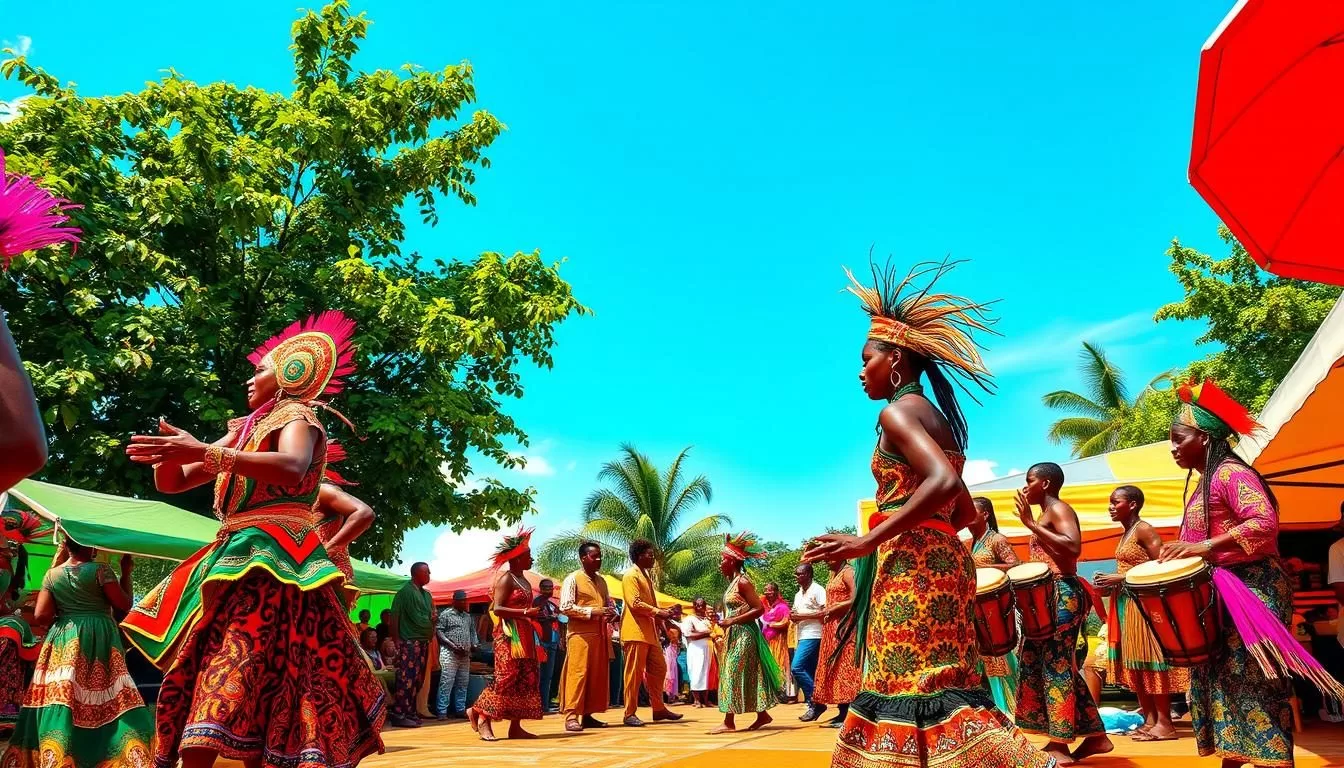
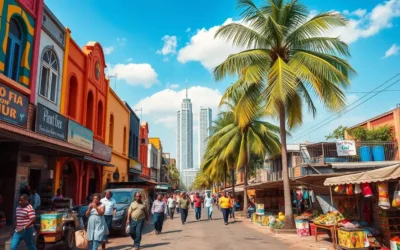
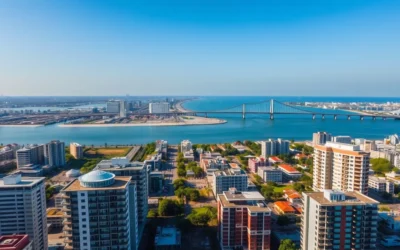
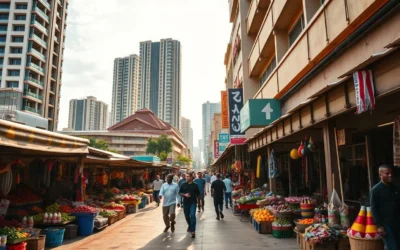
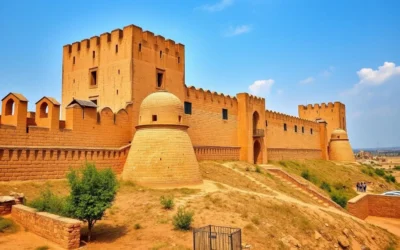
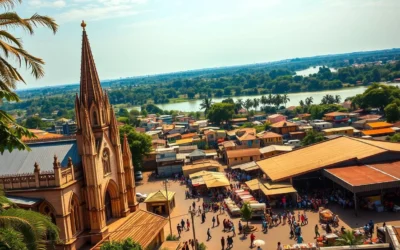
0 Comments